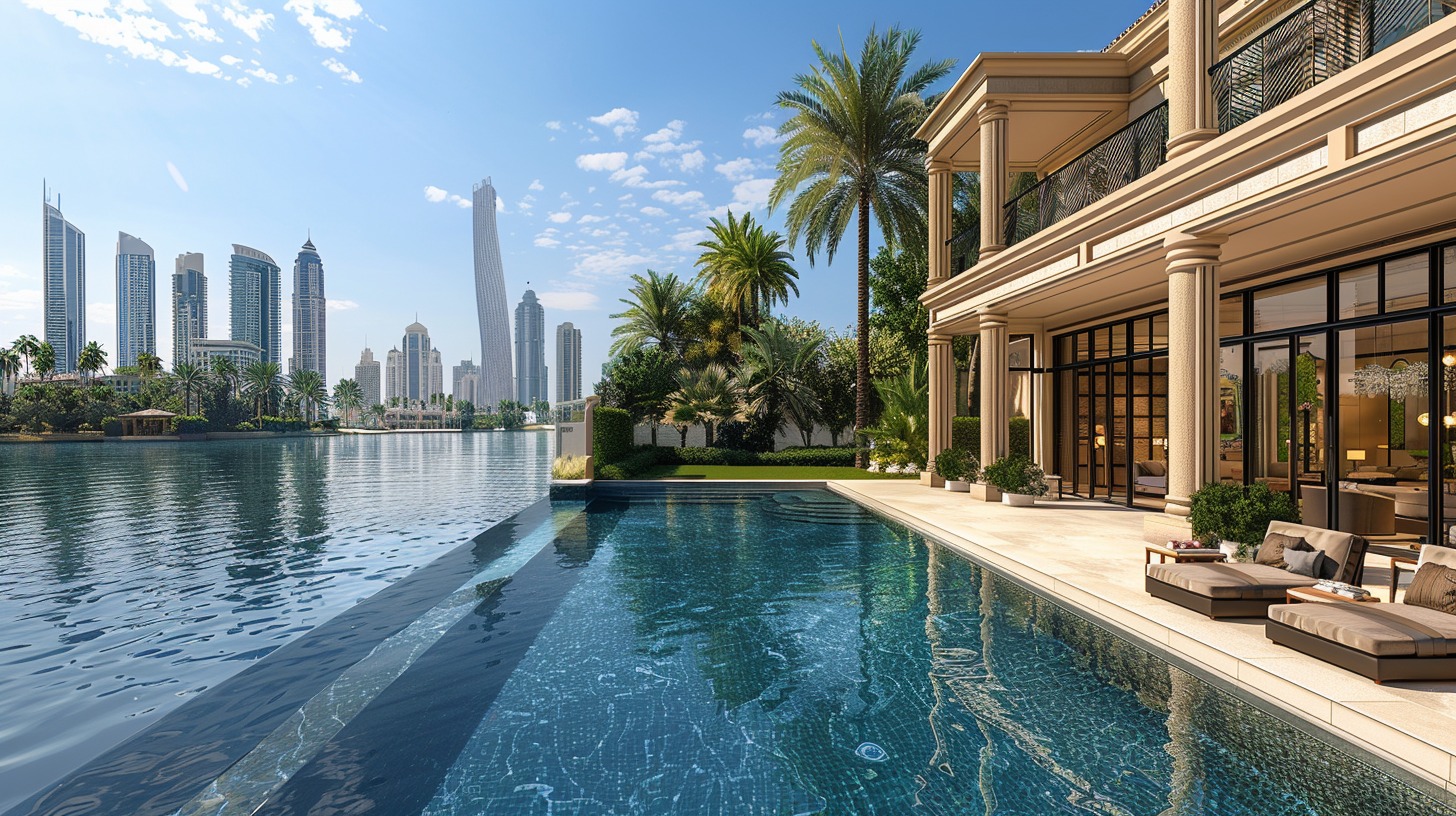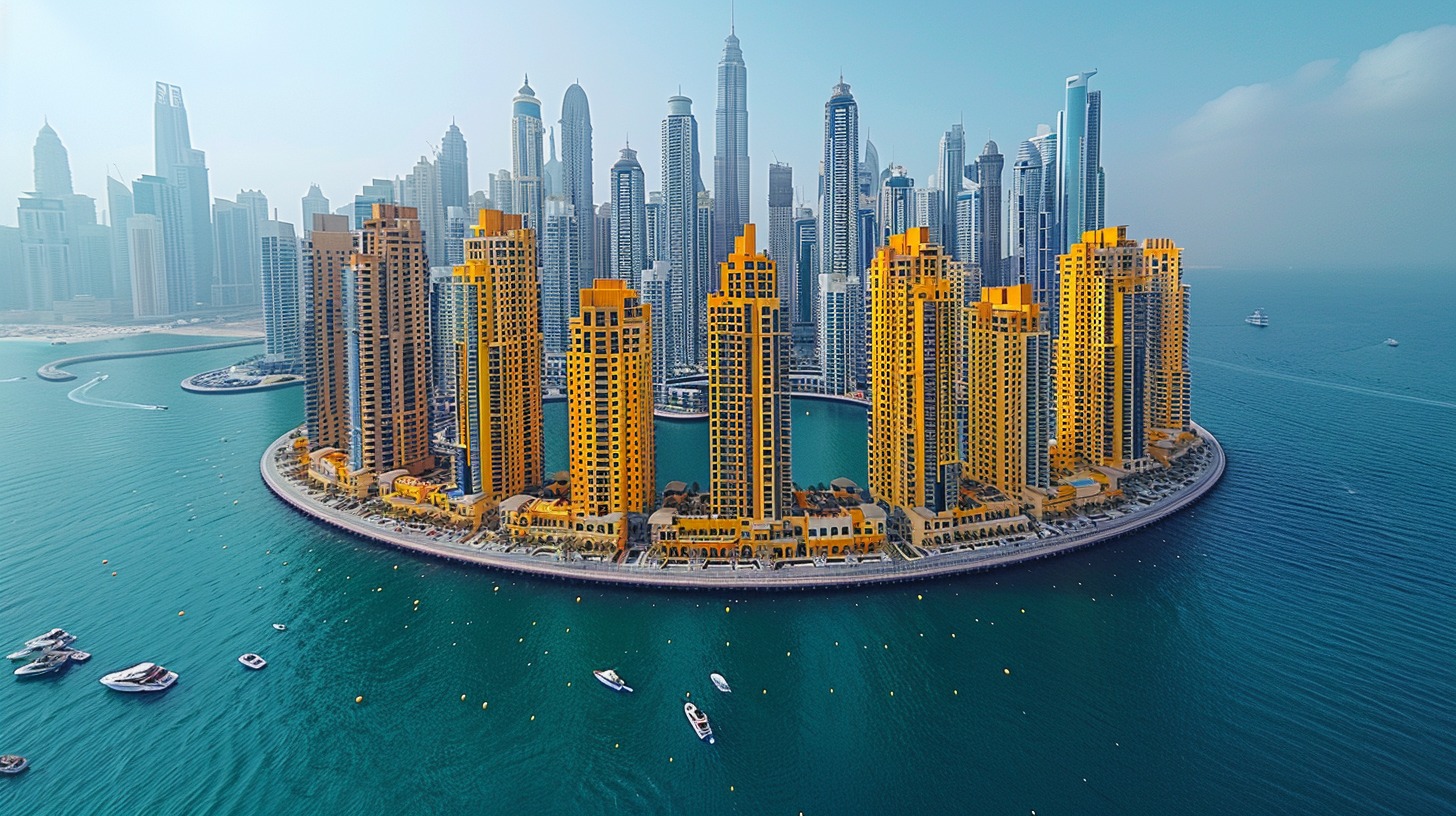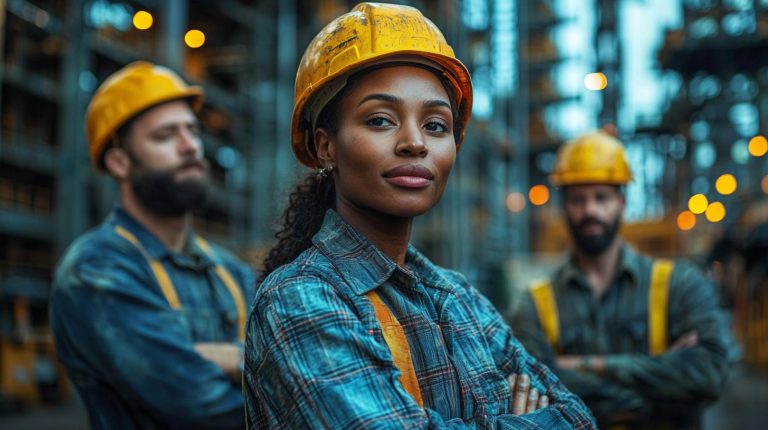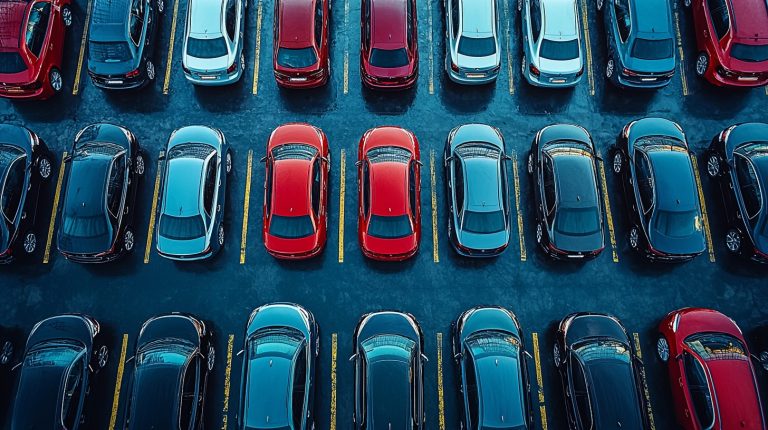The property demand in the United Arab Emirates has shown steady growth in recent years, becoming one of the key elements of the country’s economic prosperity. The interest of foreign investors, especially large international financial companies, plays an important role in developing this sector, significantly contributing to the UAE’s economy and infrastructure. Understanding the mechanisms and implications of their influence on the local property market allows us to assess the country’s prospects and challenges shortly.
The role of foreign investment in the UAE property market
Foreign capital has been one of the catalysts behind the rapid development of the UAE property market, attracting investors’ attention with its high returns and sustainability. The Emirates offers an attractive environment for foreign capital investment, including favorable tax laws and the ability for foreigners to purchase property, helping to increase the flow of money into the country.
Direct investments, such as purchasing properties for resale or lease, and indirect investments through agencies and company shares are diversifying economic growth in the region. These investments affect the value of houses and flats and infrastructure development, creating new jobs and contributing to economic prosperity.
A significant foreign investment comes from major international financial institutions, which see the UAE as a reliable partner. Their cash injections support strong demand in the property market, stimulating the development of new projects and improving the quality of construction.
Strategies of International Finance Companies in the UAE
International funds employ various strategies to generate returns, including direct investment through specialized agencies. They find promising new properties for sale in Dubai, on which they can then make a good profit. Such strategies aim to maximize returns and minimize risks associated with market fluctuations.
The active participation of international financial institutions contributes to developing the country’s infrastructure, including the construction of residential complexes, commercial property, and public facilities. This, in turn, attracts new investors and contributes to further economic growth.

Examples of successful investment projects implemented with the participation of major international financial companies demonstrate the mutually beneficial cooperation between foreign investors and the UAE. These projects bring profit to their investors and significantly contribute to the development of the local economy and the improvement of the population’s quality of life.
Economic and social impacts of investment
Foreign infusion into UAE real estate significantly impacts economic development, contributing to GDP growth and increasing budget revenues. This capital inflow contributes to creating new jobs, enhanced infrastructure, and a more elevated standard of living for the population.
The social aspects of foreign investment include improving housing conditions and access to quality housing for various population segments. However, along with the positive aspects, there are also potential risks – the rising cost of living and property, which may lead to difficulties in access to housing for the local population. However, foreigners are mainly interested in property in Downtown Dubai and other prestigious city areas. It is important to note that the UAE government is taking measures to minimize possible negative consequences, including developing affordable housing programs and regulating the market to ensure its stability and sustainable development.











